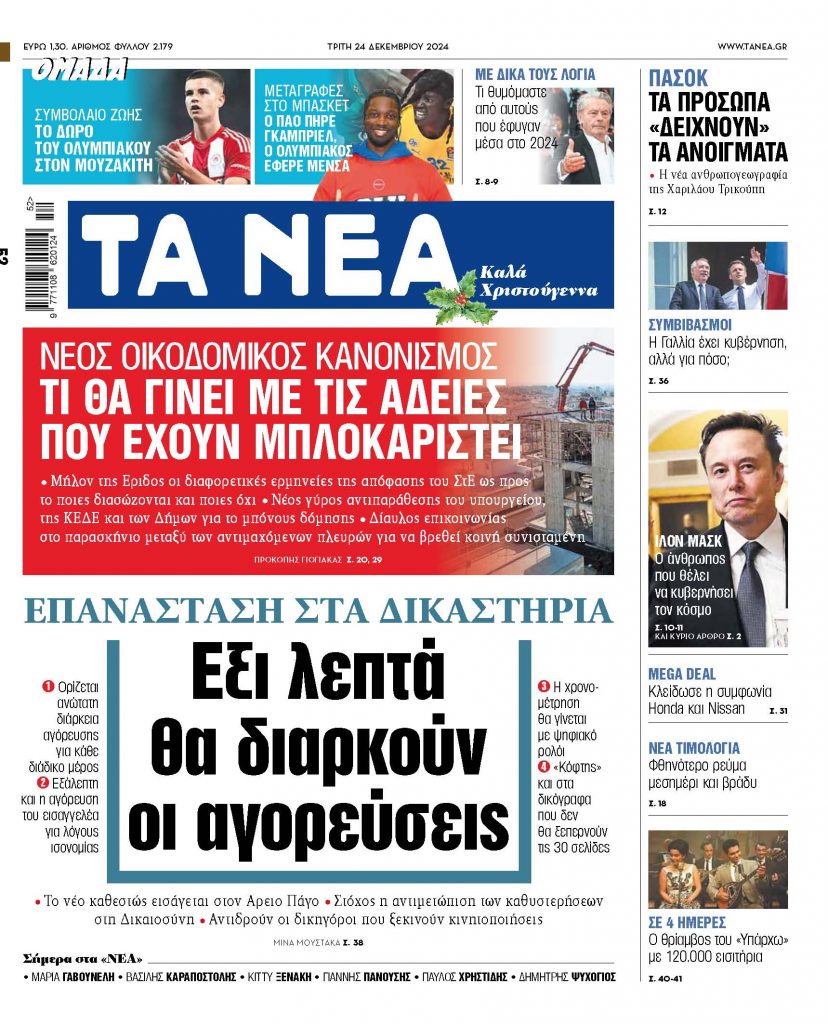The week that lies ahead will be dominated politically by the clash between parties in Parliament over surveillance conducted by the National Intelligence Service (EYP).
Aside from the scheduled parliamentary debate, with party leaders crossing swords, the Committee on Institutions and Transparency will convene to examine the matter, and, by all appearances, a special parliamentary investigative committee will be formed in order to probe the affair.
That purpose and work of that committee must be determined with caution, as the differences between the parties regarding the length of the period of EYP surveillances to be investigated (whether it will retroactively examine surveillance issues under previous governments as well) and as regards the specific focus of the probe should not lead to senseless political rooster fights that will further debase politics in the eyes of the public.
On the contrary, the entire process could conceivably signal a fertile restart of political life, with the paramount objective of regaining the trust of citizens.
The Third Hellenic Republic [which was established in 1974 after the collapse of the military junta] has the experience and endurance to probe deeply into this case without sliding without principles into partisan warfare.
The handling of this affair will be a test for Parliament when it re-opens next week as regards the type and quality of parties’ political rhetoric.
It would be a great pity if the investigation of this complex issue of surveillance were to spiral into a cycle of more intense, rancourous partisan battles and breed an anti-politics climate.
The political balances are exceptionally fragile, and they demand a highly civilised approach that will not further degrade the moral authority of politicians.



![Τουρισμός: Ποιες εθνικότητες ξόδεψαν τα περισσότερα στην Ελλάδα – Προς νέο ρεκόρ εσόδων το 2024 [γραφήματα]](https://www.ot.gr/wp-content/uploads/2024/11/ot_tourismos_nisia-600x352.png)




